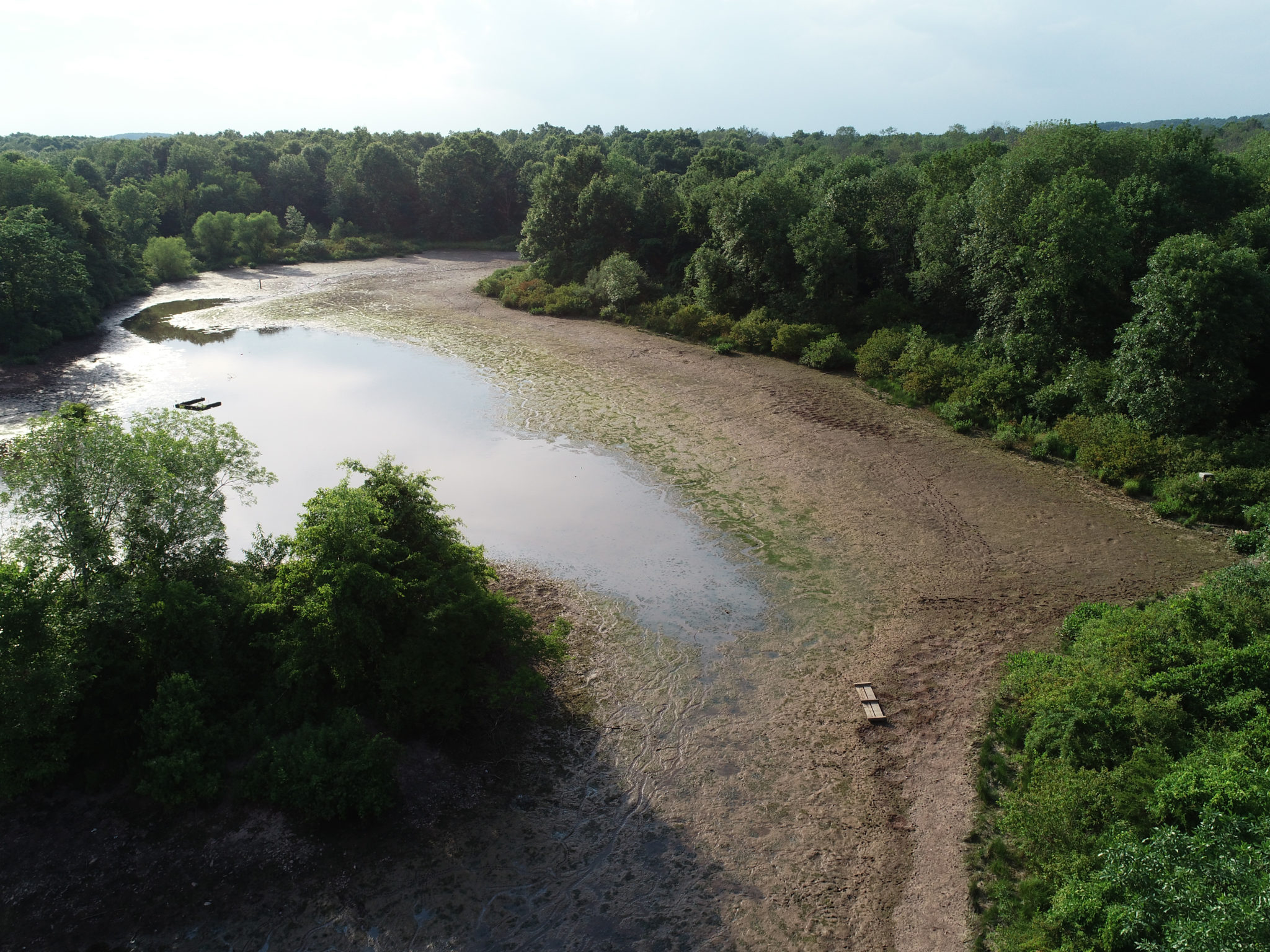 The water we drink comes from a variety of sources. Residents in the more rural areas of our region and some boroughs receive their drinking water from individual or “community” wells. The rest of us receive treated surface water drawn from local rivers. For example, Trenton pulls most of its drinking water from the Delaware River. Princeton receives water from several sources, including the Millstone and Raritan Rivers, the D&R Canal and groundwater wells. New Brunswick’s source is the Raritan River.
The water we drink comes from a variety of sources. Residents in the more rural areas of our region and some boroughs receive their drinking water from individual or “community” wells. The rest of us receive treated surface water drawn from local rivers. For example, Trenton pulls most of its drinking water from the Delaware River. Princeton receives water from several sources, including the Millstone and Raritan Rivers, the D&R Canal and groundwater wells. New Brunswick’s source is the Raritan River.
Under New Jersey rules, all of the 18,000 plus miles of streams and rivers are considered to be potential drinking water supplies and therefore must meet certain water quality standards. The state has several laws that protect our drinking water, including the New Jersey Safe Drinking Water Act, Private Well Testing Act, Water Supply Management Act and the Subsurface and Percolating Waters Act. Municipalities can adopt local ordinances that are stronger than state and federal rules in order to provide additional protection for ground and surface waters from developments that can threaten these water supplies.

The flow in some of our state’s rivers is diverted to reservoirs that store water in order to provide a steady supply for the state’s residents. The New Jersey Water Supply Authority manages the Round Valley and Spruce Run reservoirs within the Raritan River Basin, for example. Water managers are required to provide minimum flows in the rivers to meet the needs of fish and wildlife while meeting the goal of storing adequate water for future human use.
Under the Water Supply Management Act, the New Jersey Department of Environmental Protection is required to prepare and update a Water Supply Master Plan to help the state in managing our water supply in a sustainable way. The plan seeks to address the impacts from drought, maintain productive aquifers and protect surface and groundwater resources. The plans are to be updated every five years so that the state, the public, municipalities and private interests can adjust their planning for growth and development as necessary. The state has not updated the water supply plan since 1996, however. The Watershed, other environmental organizations and state legislators have called for the plan to be updated plan.
Site by Scout Digital
Governor Murphy is under pressure to abandon legislation that would protect New Jersey from flooding. Sign our petition to show your support!